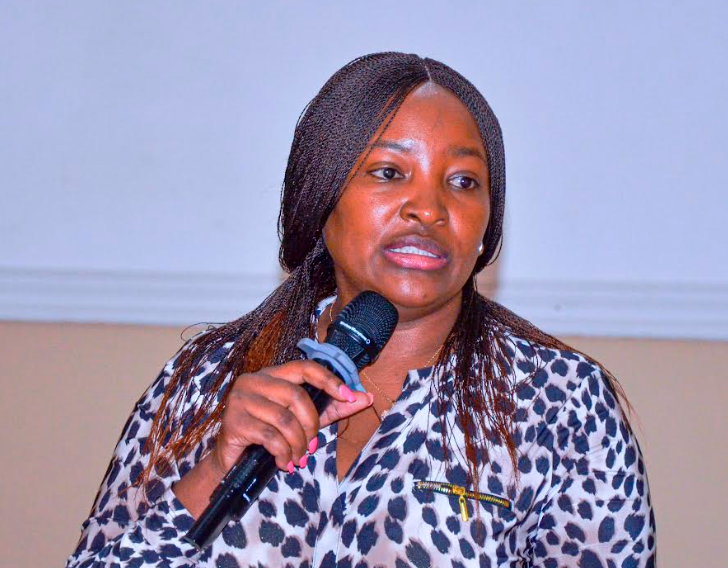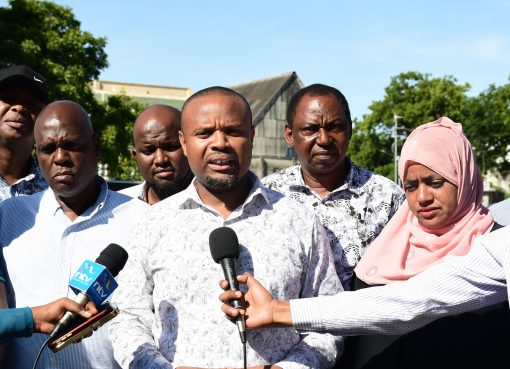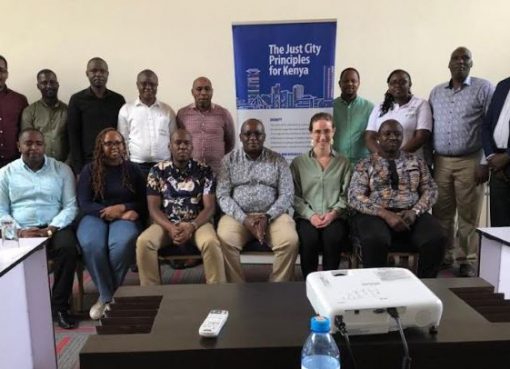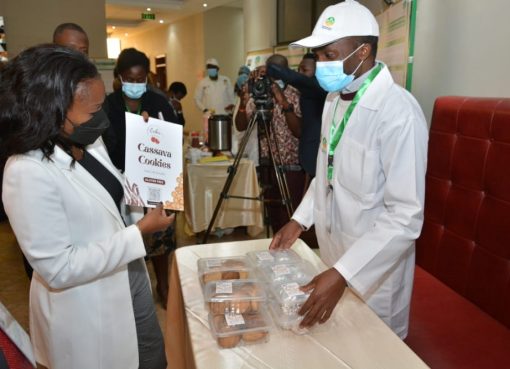Devolution Principal Secretary (PS) Teresia Mbaika has reiterated the government’s commitment to supporting devolution in the country in order to bring development to all corners of the country.
The PS stated that devolution’s main objective was to bring government closer to the people, to foster inclusivity, and to ensure equitable development across the 47 counties.
Mbaika said the national government is devoted to continuing to support the programme in order to achieve this agenda.
Mbaika was speaking in Naivasha on Thursday during the launch of the Second World Bank Implementation Support Mission (ISM) for the Second Kenya Devolution Support Programme (KDSP II).
The function was attended by the World Bank team, County government officers, and Programme coordinators, among other stakeholders.
“The Kenya Devolution Support Programme continues to play a key role in reinforcing these principles by supporting county governments in building institutional capacity, improving public financial management, and promoting accountability in governance,” the Devolution PS noted.
To this end, she said, the State Department of Devolution, in partnership with the World Bank and national agencies, is committed to supporting counties in overcoming challenges (capacity gaps, resource constraints, governance issues) and strengthening devolution to benefit all Kenyans.
The PS restated the key role played by the programme in strengthening devolution and enhancing service delivery at the county level, noting that one of the key objectives of ISM is to assess county progress towards achievement of the minimum conditions and performance measures under KDSP II.
“This assessment is instrumental in ensuring that county governments are on track in implementing reforms that will enhance service delivery, promote transparency, and foster sustainable development,” Ms. Mbaika added.
KDSP II takes up from the achievements of the first phase of the Kenya Devolution Support Programme (KDSP), which was implemented from 2016 to 2021 in order to grow devolution. All the 47 county governments have signed participation agreements into the programme.
Its aim is to improve capacity in service delivery, resource management, and accountability; increase access to decentralised services; ensure effective participation by communities in governance and socioeconomic development; and strengthen intergovernmental cooperation and collaboration for resolution of emerging issues in devolution.
Ms. Mbaika listed various challenges faced by counties, including capacity gaps, resource constraints, and governance issues, and stressed the need for a “collective and coordinated approach” which she observed would strengthen the foundations of devolution for the benefit of all Kenyans.
Speaking during the same function, World Bank Senior Public Sector expert Tina Owuor assured counties of the necessary support to enable them to meet set minimum conditions as outlined in the KDSP II programme.
“There’s a lot to be done under KDSP II; we hope to use this mission to hear from all counties about the status in terms of programme implementation and achievement of minimum conditions,” she said.
Ms. Owuor noted that the World Bank, working with the National Government, remains keen to involve every county government to provide the required support that may be needed or requested.
She further highlighted the need for closer partnership between counties through peer-to-peer learning, where counties could learn from each other’s successes in achieving milestones and set minimum conditions for disbursement.
The Kenya Devolution Support Programme (KDSP II) was ratified in December 2023 for a period of four years. Its objective is to strengthen county performance in the financing, management, coordination, and accountability for resources. The programme is financed at a tune of USD 150 million (Sh18.8 billion) to support capacity building and technical support at the county level.
The 2010 Constitution of Kenya brought a turning point in the country’s history when it reconfigured the balance of power by devolving power and responsibilities from the national government to 47 elected county governments in order to bring development to every part of the country.
Two of the three arms of government, that is, the Legislature and the Executive are partly devolved to the 47 Political and Administrative Counties as provided for under Article 6 and specified in the First Schedule.
By Mabel Keya– Shikuku





